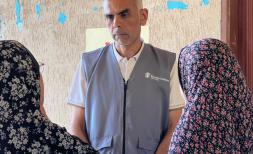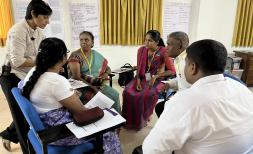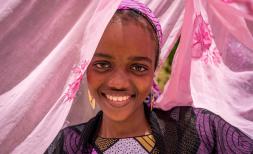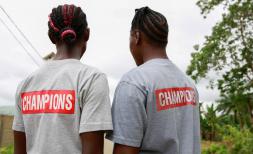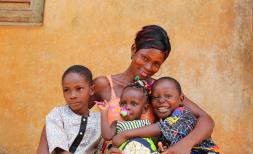REFUGEE CHILDREN AND RESPONSIBILITY SHARING: KEY PRIORITIES FOR THE GLOBAL REFUGEE FORUM
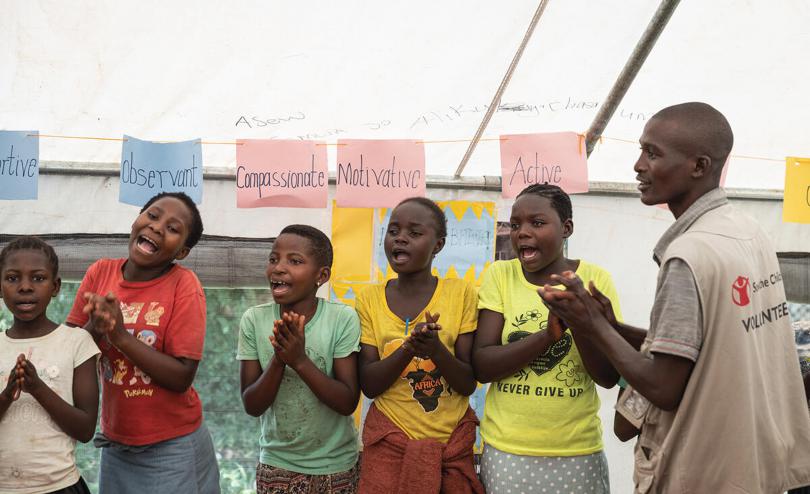
Children engage in Catchup club activities at a Primary School in Kyangwali Refugee Settlement, Uganda.Esther Ruth Mbabazi / Save The Children.
As we approach the Global Refugee Forum (GRF) in just five days, the urgency to spotlight the rights and the needs of refugee children and emphasize responsibility sharing in discussions about the world's refugee crises could not be more pressing. This fundamental approach sets the tone for processes like the Global Refugee Forum and discussions surrounding the Global Compact on Refugees.
In most refugee crisis, the voices of refugee children are alarmingly muted. Despite constituting 40% of the global forcibly displaced population [1], refugee children encounter numerous barriers, from lack of access to documentation, to quality education, to spaces where they feel safe and protected, hindering their meaningful participation in decision-making processes [2]. From 2018 to 2022, 1.9 million children were born as refugees [3] disregarding their voices is tantamount to sidelining the majority of the refugee population.
Moreover, three-quarters of refugees live in low- and middle-income countries, mostly neighbouring their place of origin. Countries like Türkiye, Islamic Republic of Iran, Colombia, Pakistan, Uganda or Sudan among other low and middle-income countries, disproportionately bear the responsibility of hosting 76% of the world's refugees [4] despite their limited resources. In Uganda, 60% of refugees are children,[5] illustrating the acute need to address the specific challenges faced by this vulnerable demographic within the refugee population.
For comprehensive solutions, the narrative needs a radical pivot—one that prioritizes the rights, needs and perspectives of refugee children, especially in low- and middle-income countries. Failure to integrate these voices perpetuates inadequate representation and undermines policy formulation.
Despite this imperative, major refugee responses and forums like the GRF often falter in adequately championing refugee children’s voices. Simultaneously, nations hosting large number of refugees consistently advocate for fairer responsibility sharing, underscoring the need to acknowledge their disproportionate burden and resource strain.
All four objectives of the Global Compact on Refugees profoundly impact childhood and host countries. Any viable plan or solution must inherently include this 40% of the refugee population—children, and the countries hosting the largest number of refugees.
In essence, the upcoming GRF serves as a pivotal juncture to instigate this transformative approach—where responsibility sharing and the meaningful inclusion of refugee children form the cornerstone of robust, inclusive, and politically astute responses to the global refugee crisis.
